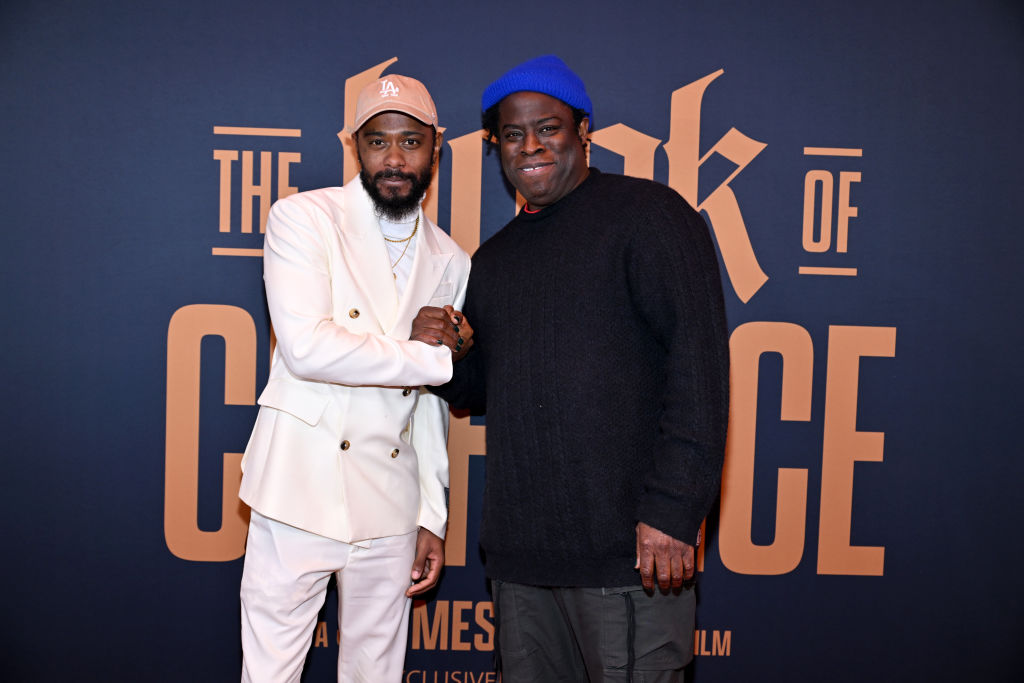“Notes on faith” is theGrio’s inspirational, interdenominational series featuring Black thought leaders across faiths.
“Ye are gods.”
To this day, this phrase, as it appears in Psalm 82:6-7 (King James Version), remains one of the most provocative quotes from the Bible, particularly when uttered by Black people. Among certain Christian circles, contention over its meaning was newly revived in the rollout of the new film “The Book of Clarence,” written and directed by writer-director Jeymes Samuel (“The Harder They Fall”). Shifting the culture while turning the traditional biblical narrative on its head, Samuel adopted a greeting derived from the “Five Percenter” philosophy pioneered by Brother Clarence 13X, which in turn closely resembles an ethos found in the Hindu greeting “Namaste.”
“Peace to the God. I see the God in them, they see the God in me.”
During an intriguing recent interview on “Sway in the Morning” alongside LaKeith Stanfield, who plays the titular character), Samuel shared that he had “sat on the script for years” because he had yet to meet Stanfield — emphasizing a recurring theme in the conversation about patience, contemplation and intention. Having watched several “classic” films inspired by biblical stories that depicted all the characters as white rather than more logically from the East, such as “The Ten Commandments” (1956) and “Ben-Hur” (1959), Samuel sought to tell a story where the people looked like him — and like many of us.
It was an impetus he attributed to his own deep faith practice. Among the many jewels dropped in the interview was Samuel’s acknowledgment of the divine in others. Musing that “the older we get, we have less and less faith in ourselves,” he referenced pushback to his use of self-referential praise, noting, “Nobody would have a problem if I said, ‘peace, my n–gas,’ Yet, there’s a problem if I say ‘Peace…
Read the full article here



